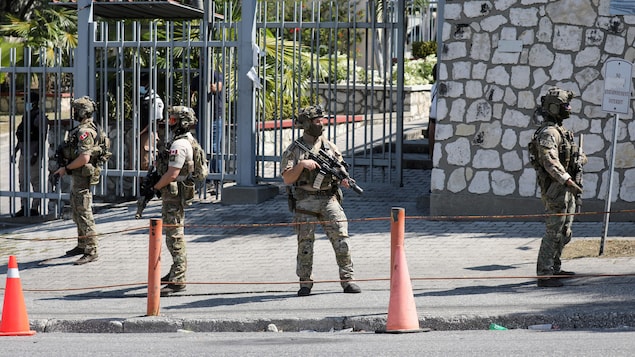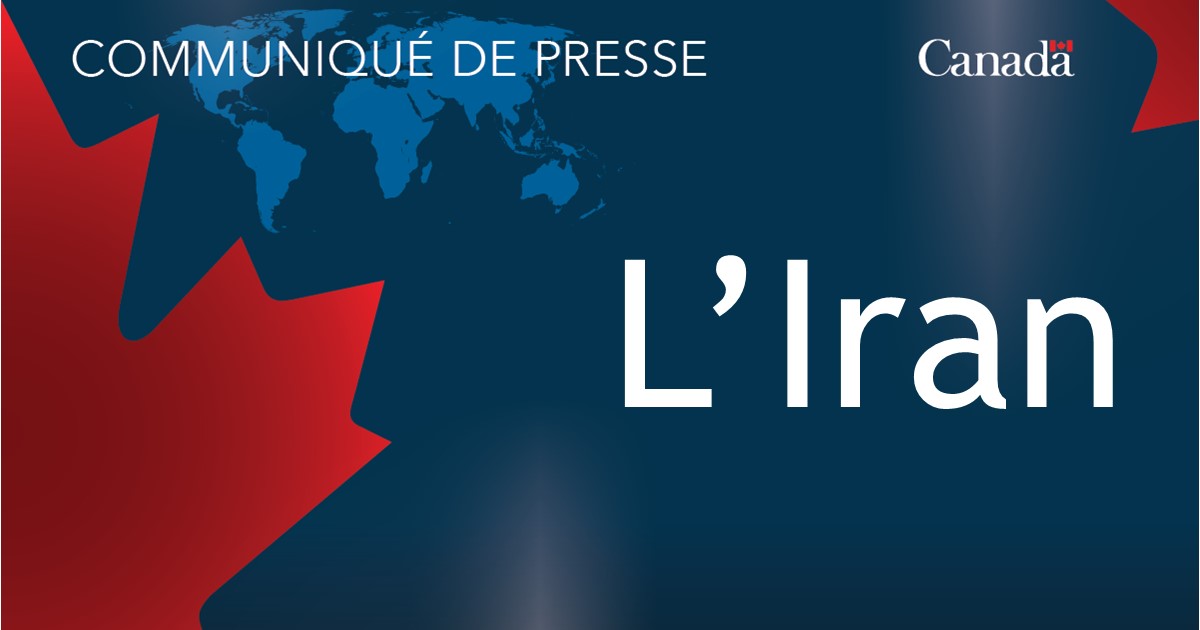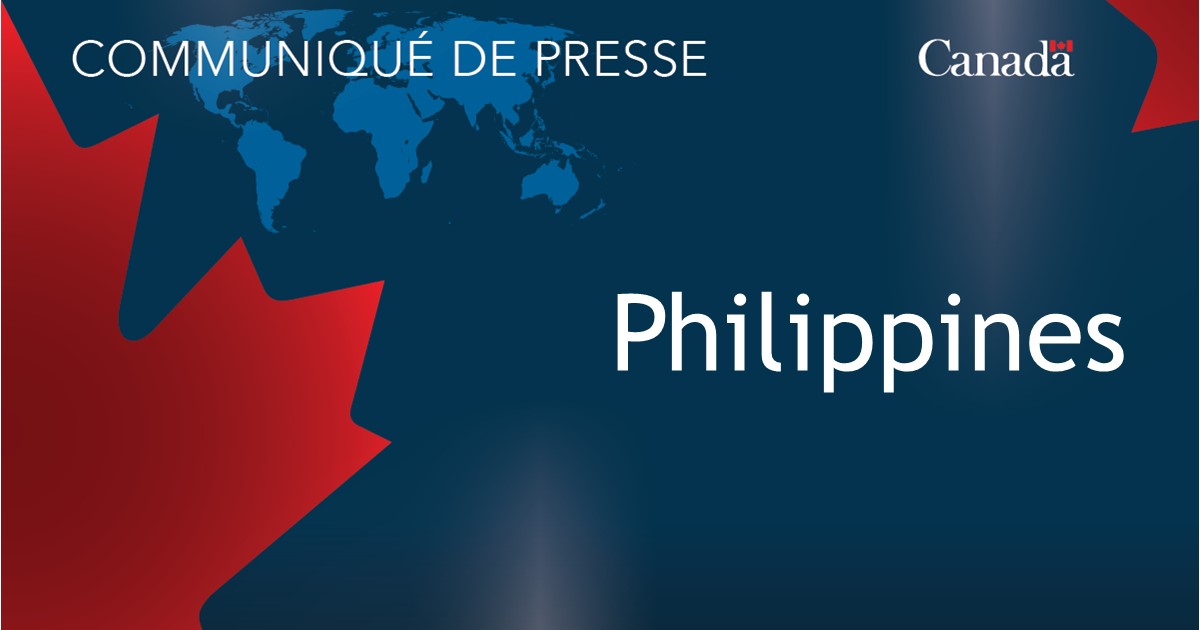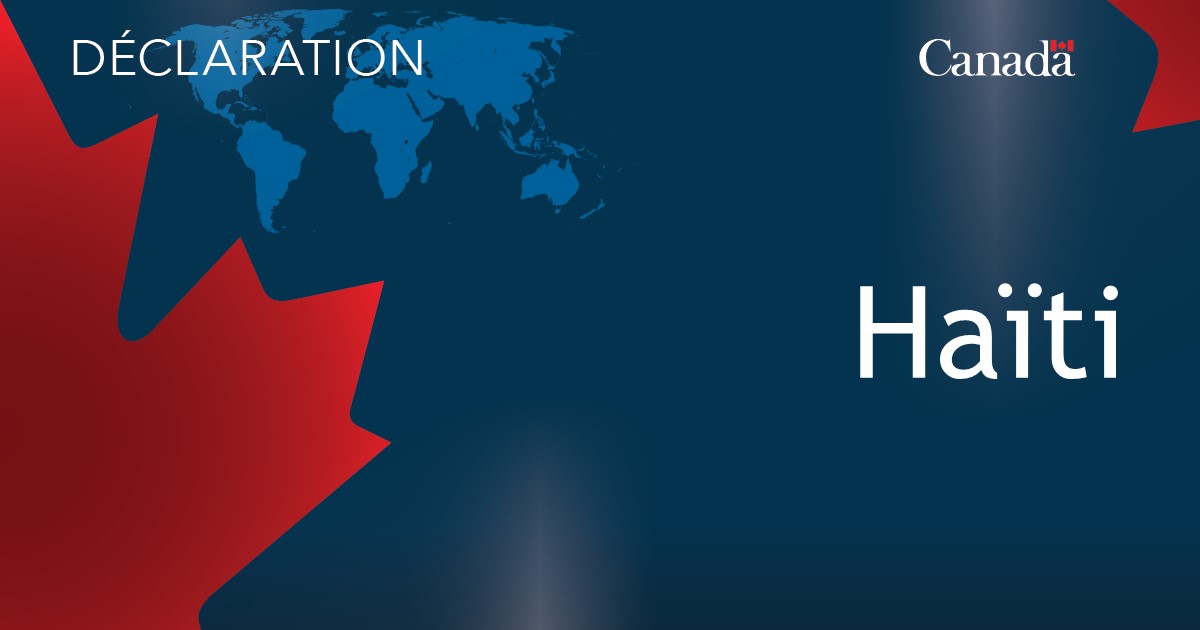Amid a week of controversy raging over allegations of Chinese government political interference in Canadian affairs, information has emerged that raises new questions about the relationship between two Quebec nonprofits and the Chinese state.
The RCMP said Thursday they are investigating two other suspected Chinese “police stations” — operations in Canada that some say are designed to harass and intimidate people of Chinese descent.
The latest two facilities under scrutiny, accused of hosting the fake police stations, are two Montreal-area nonprofits.
The administrator of both entities — Li Xixi, a Brossard councilman — reportedly told local media that the sites had no connection with the Chinese Communist Party.
However, documents uncovered by the star seem to cast doubt on that claim.
Following the history of the two organizations, the star learned that one of them was designated by Beijing as a service center for overseas Chinese more than six years ago.
Chinese media claim that these “service centers” are designed to “build a support network for overseas Chinese around the world.”
However, critics point out that the label comes from the Office of Overseas Chinese Affairs, a group linked to espionage in that country, and that the label also appears to be funded by the Chinese government.
The RCMP focuses on two organizations for newcomers to Canada: the Chinese Family Service of Greater Montreal and the Center Sino-Québec de la Rive-Sud in Brossard, a suburb south of Montreal.
A 2016 article on China News Service’s platform, Overseas Chinese website, includes a photo of Li receiving a plaque for the Greater Montreal Chinese Family Service, which designates it as a service center for overseas Chinese.
According to the report, the woman in the photo presenting the plaque to Li is Qiu Yuanping, then director of the OCAO.
Charles Burton, a China specialist at the Macdonald Laurier Institute in Ottawa, said the OCAO’s goal is to encourage people of Chinese descent to show loyalty to China.
“This office believes it has a mandate to work with all people of Chinese descent, regardless of citizenship,” Burton said.
Mr. Burton raised concerns about certain outreach activities by OCAO, such as inviting editors of Chinese-language newspapers to training sessions in China.
In 2018, OCAO was integrated into the China United Front Labor Department, a department responsible for advancing the Chinese Communist Party’s agenda.
In January 2022, a federal court judge ruled in favor of an immigration officer in a court case over concerns that an immigration applicant had worked for OCAO.
The applicant requested a judicial review of the denial of a permanent residence visa based on these concerns. The official was concerned that, among other things, OCAO conducted espionage activities against the United States and gathered information about Chinese Canadians in Canada, according to court documents. The judge found the concerns justified and dismissed the request for judicial review.
The second site identified by the RCMP this week, the Center Sino-Quebec de la Rive-Sud in Brossard, is also listed by the OCAO as a service center, though the star couldn’t find any similar photos from a ceremony or a press article.
Four gas stations of this type are listed in Canada, including those in Montreal.
Chinese media reports that operations designated by the Overseas Chinese Service Center program, which began in 2014, are funded by the Chinese government.
“The ‘Chinese Support Center’ system is (a network of) non-profit organizations funded by the Overseas Chinese Affairs Office (OCAO) of the State Council of China,” we might read in an article in La Chine au present. “Its operation is based on fundraising and sponsorship by local overseas Chinese community groups and overseas Chinese leaders, and some of them support the operation of the center by establishing a foundation. .
Benjamin Fung, a professor at McGill University and representative of Action Free Hong Kong Montreal, a pro-democracy group, said he wonders if such organizations are being used to gather information about newcomers to the country.
“We often know the Chinese government is watching us,” Fung said, “but we don’t know where he is.
According to him, authorities have ignored concerns about surveillance of Chinese residents in Canada “for the past 20 years.”
The Montreal locations aren’t the first to come under scrutiny for suspected “police stations.” Investigations are underway in Vancouver and Toronto. Canadian farms would be part of a global network.
Last fall, the Spain-based human rights group Safeguard Defenders published a report claiming China was opening secret police stations around the world. According to the report, the posts have been used as a base to harass people accused of crimes in China, to get them to come back to solve their problems, but also to silence people who support the Communist Party openly criticize China.
Beijing insisted the centers would be used for essential tasks, such as helping Chinese residents renew their driver’s licenses.
Meanwhile, Brossard Mayor Doreen Assaad said she texted Ms. Li asking her to stand aside while the RCMP investigates, but has not heard from the councilwoman. Ms. Li did not respond to the star’s repeated requests for comment on the article.
Meanwhile, Beijing lashed out at Canada on Friday over the unrest.
Canada should “stop sensationalizing and exaggerating the matter, and stop attacking and slandering China,” Foreign Ministry spokesman Mao Ning said at a news conference.
“China strictly abides by international law and respects the judicial sovereignty of all countries,” Mao Ning said.
He did not comment explicitly on the allegations against the police stations.
RCMP Sergeant Charles Poirier said he could not comment on the investigation but had raised concerns from the Chinese community.
“What we do know is that the community is scared. We know that the modus operandi of these Chinese police stations is to pressure and threaten certain members of the Chinese community, sometimes openly, sometimes covertly, either through direct threats or through threats against people still in China. ” he said.
Fleury has a deep love for video games and sports, two passions that have shaped her life and everything she does. Growing up surrounded by video games and sports equipment, Fleury quickly developed an interest in them. So she became an editor at Essonneinfo on these topics.

Incurable food practitioner. Tv lover. Award-winning social media maven. Internet guru. Travel aficionado.







